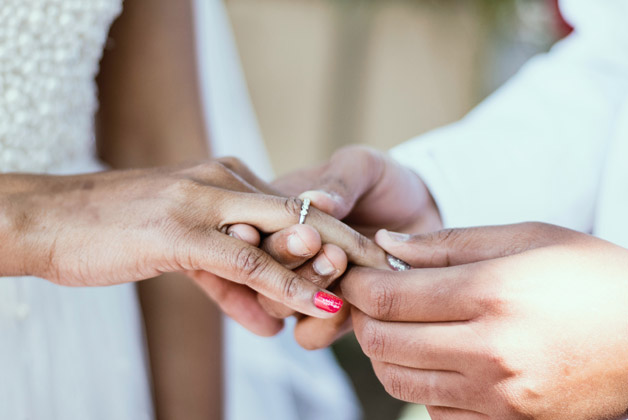

Anti-conversion laws are seen across several countries such as Sri Lanka and Algeria and are not limited to a pluralist India. Laws to check religious conversions are not new even in India. Odisha, Madhya Pradesh, Arunachal Pradesh and Tamil Nadu passed laws against forcible conversions in the 90s and early 2000s. However, only recently have the states of Uttarakhand and Himachal Pradesh, incorporated the conversions taking place for marriage in the mandate of their respective laws. Introduction of marriage in the purview of anti-conversion laws is resonant with Hindutva politics and the growing spate of intolerance.
The prohibition of unlawful conversion through an ordinance introduced by the UP government seeks to check religious conversions. The ordinance proposes punitive provisions for organisations and individuals, coercing conversions with the lure marriage or some other form of deceit. Individuals entering into inter-faith marriages will face the scrutiny of the district magistrate, to prove the element of consent in the act of conversion. The ordinance invalidates marriages solemnised solely with the aim for conversion and makes the act of forced conversion a non-bailable offence. The bill applies to all religions.
A glaring problem with this new narrative about love marriages is that on one hand, it seems to be replacing the citizenship debate that was the election plank last year. On the other hand, this law against love marriages is assuming that women are gullible and do not have a mind of their own. In a stage of the country’s development where the argument has always been to empower women and encourage them to make difficult decisions on career growth, late marriages or even family planning. Ots bringing back a patriarchal mindset that believes that it’s the men who must decide for their siblings.
The prevailing communally polarising climate and the clamour against alleged ‘Love Jihad’ has made the inclusion of marriage in an anti-conversion law a subject of debate and controversy. Given the lack of official numbers on love jihad cases, the urgent commissioning of such a law by way of an ordinance during a raging pandemic is worrying. Moreover, a special probe launched by the UP Police to investigate alleged accusations of forced conversions of Hindu women, revealed that most inter-faith romance cases were consensual.
Continue reading: https://www.siasat.com/the-spectre-of-love-jihad-more-problems-than-solutions-2034237/
